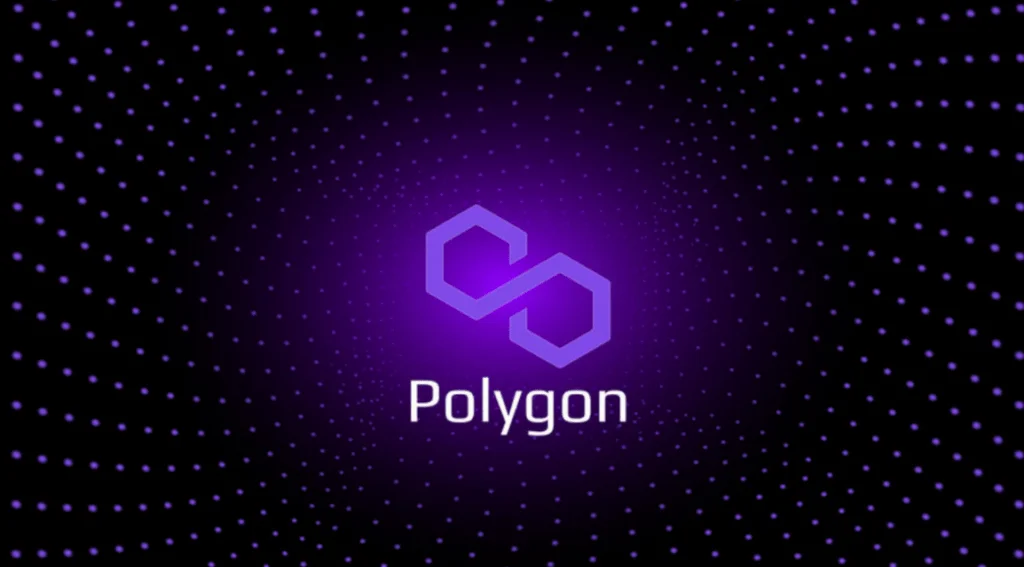In a bid to continue the development of zero-knowledge technologies, Polygon has committed $1 billion.

Polygon (MATIC), a layer-two Ethereum (ETH) scaling solution noted for its rapid transaction speeds and low gas prices, announced the debut of Plonky2, the world’s fastest zero-knowledge scaling technology, on Monday.
Zero-knowledge methods ensure that everything on layer two is successfully computed and that the succinct proof is returned to Ethereum without transferring the whole data. Instead of each miner (or staker) manually validating each transaction, zero-knowledge allows for the verification of rolled-up proofs, which substantially speeds up the entire network.
1/2 We are proud to announce Plonky2, the world’s fastest ZK scaling tech!
Plonky2 is a recursive SNARK that is ~100x faster than existing alternatives! Furthermore, it is Ethereum compatible (it can prove Ethereum transactions and proofs can be verified on Ethereum). https://t.co/al62Wl2xpm
— Mihailo Bjelic (@MihailoBjelic) January 11, 2022
Polygon’s move toward zero-knowledge technologies
Recursive zero-knowledge proofs were primarily theoretical in 2014, according to Polygon. It took roughly 120 seconds to create them in 2019. By 2020, that time will have decreased to 60 seconds. Plonky2 is planned to allow such proofs to be created in as little as 0.17 seconds this year. The network’s creators claim that it is 100 times faster than current options.
In the future, a family of algorithms like this might enable horizontal or linear scalability of blockchains. To be up and running, nodes do not need to record the history of the blockchain’s transactions, boosting the network’s capacity with each one added.
Polygon has pledged $1 billion to zero-knowledge technology research. Polygon joined with Hermez Network, a zero-knowledge blockchain, in August for $250 million in MATIC tokens.
It stated in December that up to 250 million MATIC tokens will be allocated to a contract with encryption company Mir. That company specializes in the PLONK and Halo subcategories of zero-knowledge algorithms, the latter of which does not require any kind of trusted setup for proof verification.

